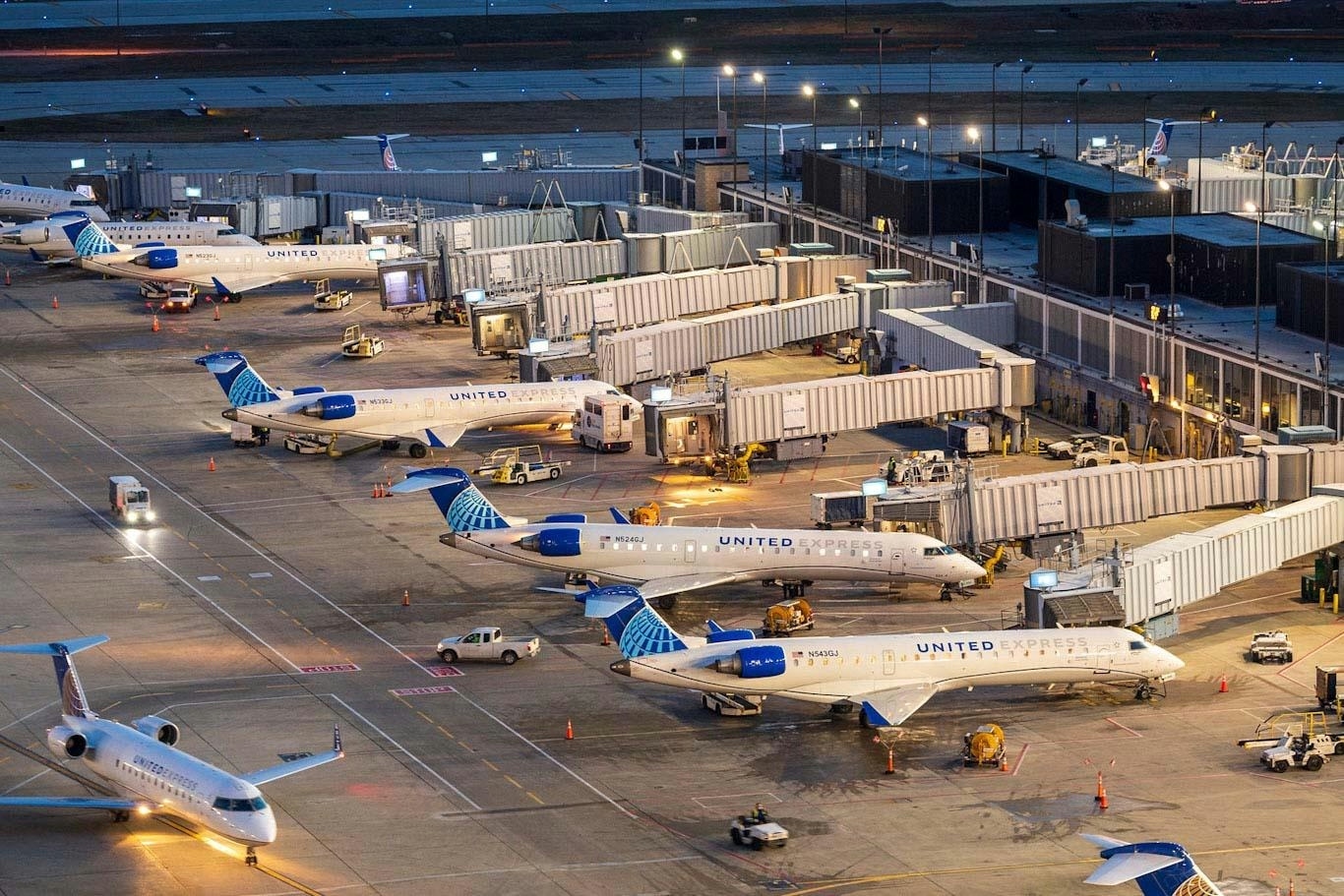AeroGenie — 您的智能副驾驶。
热门趋势
Categories
Growth Expected in Sustainable Aviation Logistics, Led by Major Firms

Growth Expected in Sustainable Aviation Logistics, Led by Major Firms
The global sustainable aviation logistics market is set for substantial growth, driven by prominent companies such as DHL Global Forwarding, Kuehne + Nagel, FedEx, and UPS Supply Chain Solutions. A recent report by HTF Market Intelligence forecasts the market to expand at a compound annual growth rate (CAGR) of 12.5% between 2025 and 2032, increasing from USD 11.8 billion in 2025 to USD 29.5 billion by 2032.
Market Overview and Key Players
Sustainable aviation logistics aims to minimize the environmental footprint of air cargo operations through the adoption of sustainable aviation fuel (SAF), electric ground vehicles, digital optimization technologies, and green supply chain consulting services. With the rising demand for global air freight, the aviation sector faces intensified pressure to reduce carbon emissions and adhere to increasingly stringent environmental regulations.
Leading companies in this sector include DHL Global Forwarding (Germany), Kuehne + Nagel (Switzerland), DB Schenker (Germany), FedEx (USA), UPS Supply Chain Solutions (USA), DSV A/S (Denmark), Air France KLM Cargo (France), Lufthansa Cargo (Germany), Emirates SkyCargo (UAE), and Cargolux (Luxembourg). These firms are at the forefront of innovation and sustainability efforts within the industry.
Market Segmentation and Regional Dynamics
The market is segmented by type, application, and geography. Key types encompass sustainable air freight, biofuel-based logistics, carbon-neutral ground handling, digital logistics platforms, and green supply chain consulting. Applications span airlines, airport operators, freight forwarders, e-commerce companies, and aerospace manufacturers. Geographically, the market covers North America, Latin America, Europe, Asia-Pacific, the Middle East, and Africa.
Currently, Europe holds a dominant position in the sustainable aviation logistics market, while the Asia-Pacific region is anticipated to experience the most rapid growth in the coming years.
Trends, Drivers, and Challenges
Emerging trends in the sector include the increased use of sustainable aviation fuel and electric ground vehicles, the application of blockchain technology for emission transparency, AI-driven route optimization, and the integration of carbon credit trading mechanisms. Collaboration with renewable energy providers is also gaining momentum.
The market is propelled by several key drivers, including tightening carbon emission regulations, heightened sustainability commitments from airlines, broader adoption of SAF, expansion of green logistics partnerships, and the digital transformation of cargo tracking systems.
Despite these positive developments, the industry confronts significant challenges. The high cost of sustainable fuels and limited SAF infrastructure remain major obstacles. Additionally, inconsistent carbon standards and technological adaptation issues complicate progress. Airlines are also grappling with complex supply chain challenges projected to cost the industry over USD 11 billion in 2025, due to excess fuel expenses, increased maintenance costs, and higher engine leasing fees. These financial pressures are accelerating investments in greener technologies and logistics optimization to sustain competitiveness and regulatory compliance.
Opportunities and Future Outlook
Growth opportunities in sustainable aviation logistics include fostering public-private partnerships for SAF production, expanding green air cargo corridors, integrating digital twin systems, investing in electric cargo vehicles, and developing circular economy logistics models.
As the market evolves, major firms are expected to spearhead technological advancements and sustainability initiatives, shaping a more environmentally responsible future for global air cargo operations.

Capital A Completes Sale of Aviation Business to AirAsia X

Four Gateway Towns to Lake Clark National Park

PRM Assist Secures €500,000 in Funding

Should Travelers Pay More for Human Support When Plans Go Wrong?

InterGlobe Aviation Shares Rise 4.3% Following January Portfolio Rebalancing

Key Market Segments Shaping Airline Route Profitability Software

Locatory.com Gains Traction Among Aviation MROs and Suppliers

JetBlue Flight Makes Emergency Landing Following Engine Failure

58 Pilots Graduate from Ethiopian University

The Engine Behind Boeing’s Latest Widebody Aircraft
